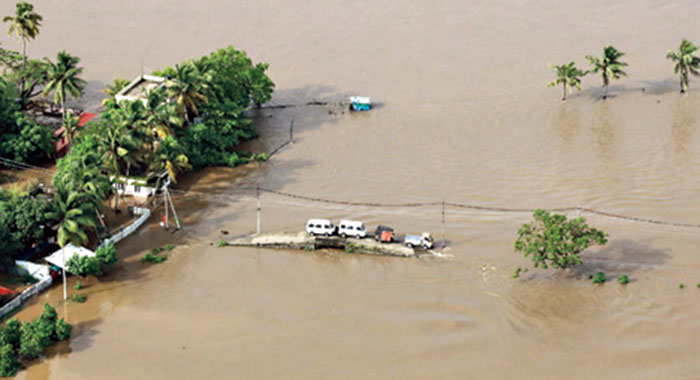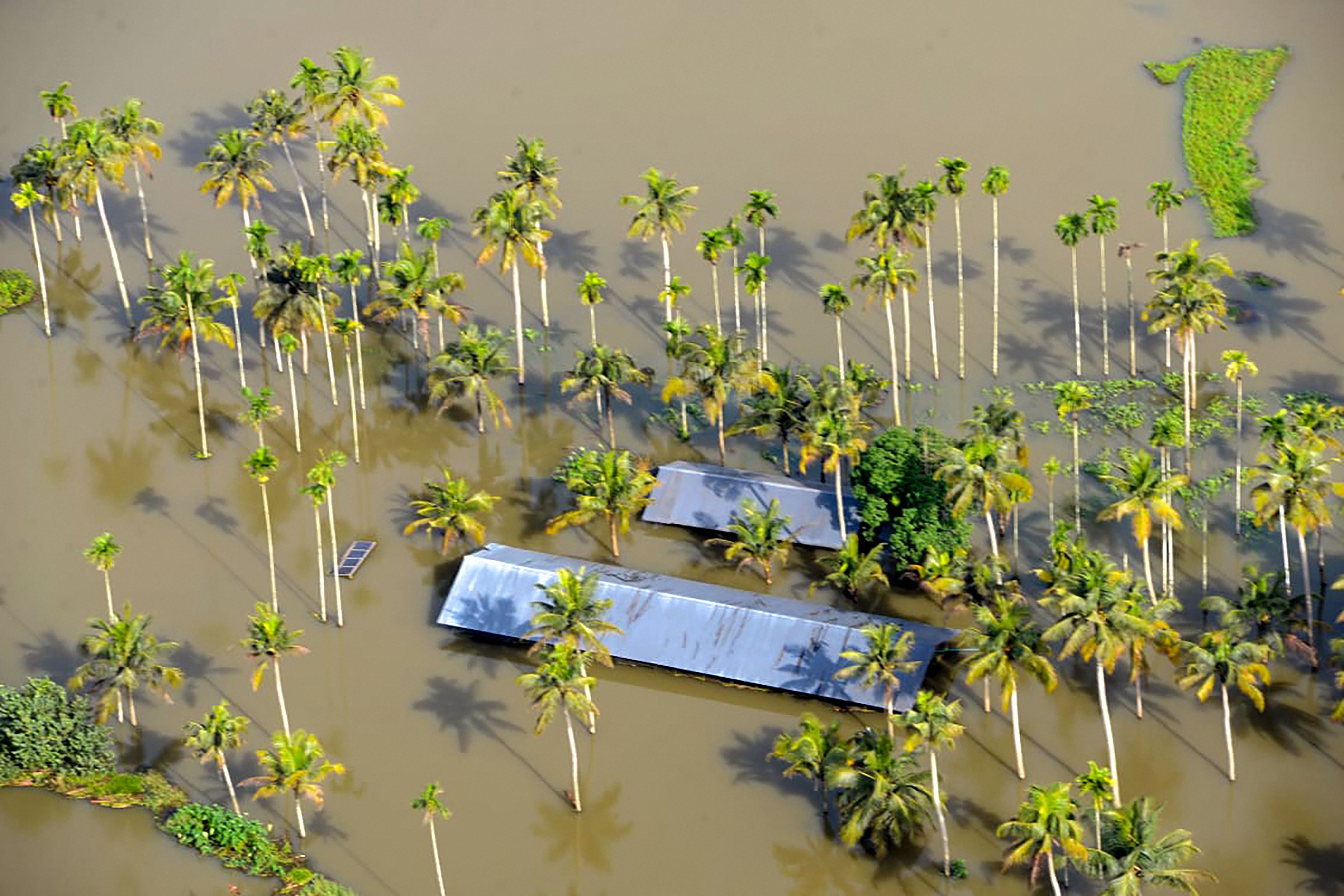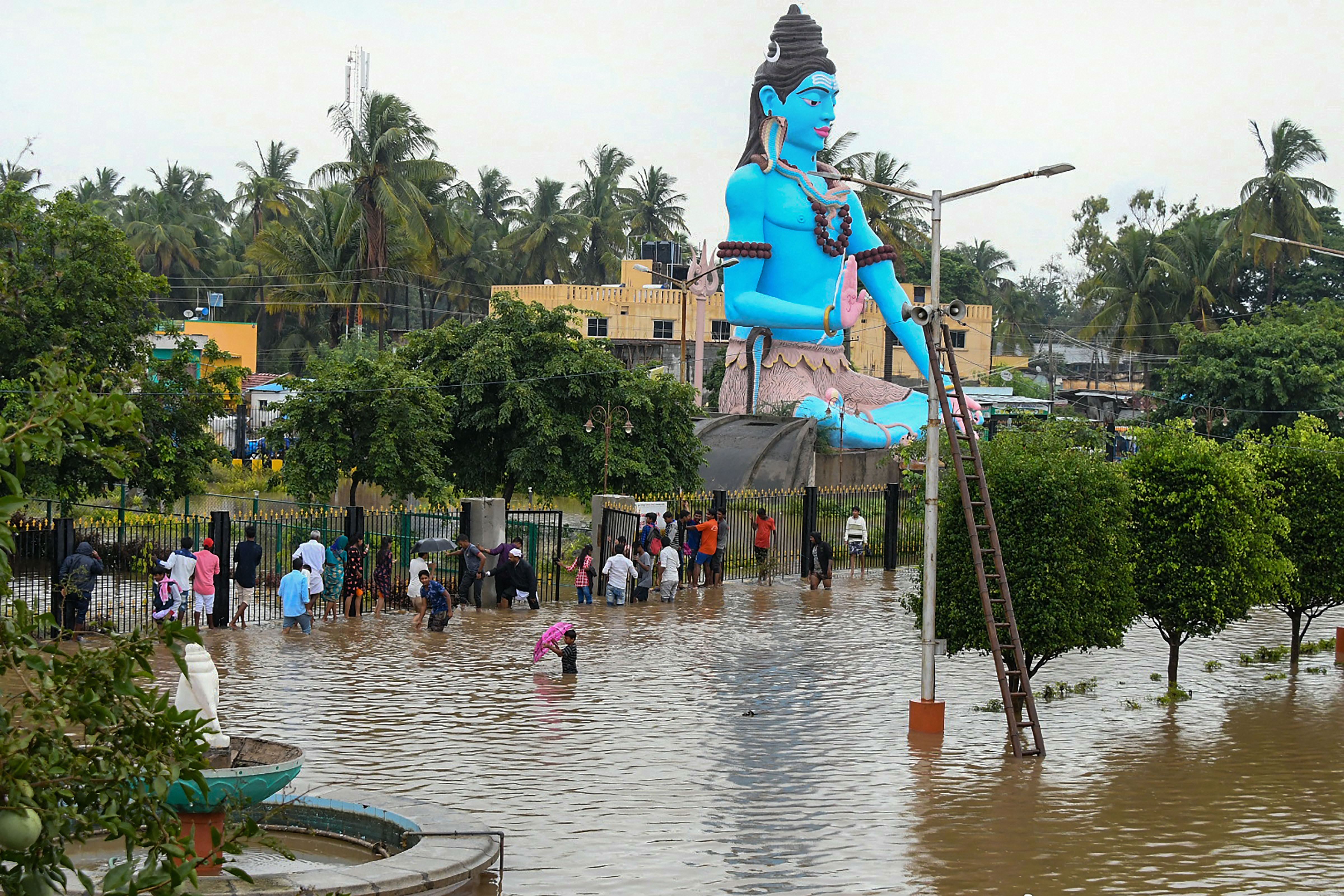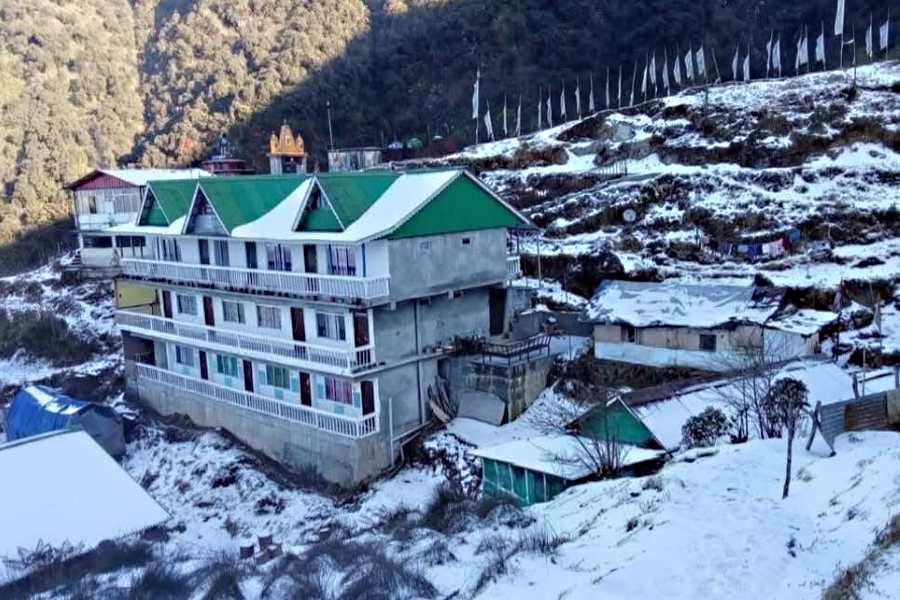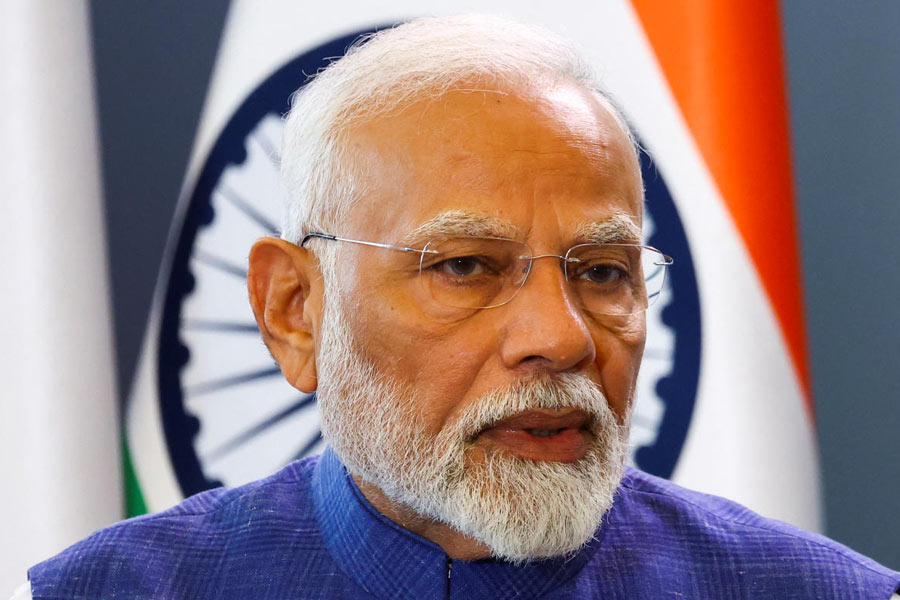The rainy season in India is cause for joy and despair. It brings in its wake the promise of sustenance for the country’s sizeable agricultural community. But it can also be a harbinger of destruction, as is evident from the reports of deluge and destruction from Kerala, Karnataka, Maharashtra, Gujarat, Tamil Nadu and Assam. Kerala has suffered considerably in terms of loss in life and property. Over 70 people have perished in the state in floods and landslides; the toll is expected to rise. Thousands have been displaced and the economic costs of the carnage are expected to be considerable.
It is not as if Kerala is a stranger to natural calamities. Last year, the southern state had witnessed its worst-ever flooding in 100 years. While it is true that changing weather patterns are making it difficult to gauge the intensity of rains, it must also be acknowledged that in certain instances, the crisis has been precipitated by human intervention. Kerala is a case in point. Mining and quarrying allegedly continue unabated in the hilly terrains of Malappuram and Wayanad, two districts in Kerala that have been severely affected in this year’s monsoon. But something else seems to be changing in India much like the fickle weather. Natural disasters have usually brought the country together, cutting across political affiliations. However — this is unfortunate — public responses towards disasters are turning fractious. It has been reported that in Kerala — the Communist Party of India (Marxist) is in power in the state — an online campaign discouraged citizens from donating to the chief minister’s disaster relief fund, alleging irregularities. The campaign insisted that financial assistance should be directed to a voluntary organization that is apparently affiliated to the Rashtriya Swayamsevak Sangh. The urge to score political points by exploiting a natural disaster is in poor taste. Polarizing flood relief measures to sow seeds of mistrust and division is an exemplar of a politics that is devoid of morality. Hearteningly, the narrow contours of the political mind have often been exposed by the magnanimity of the ordinary Indian. A vendor from Kerala — he sells clothes on a pavement — decided to donate his entire stock for flood victims, setting an example that squabbling politicians and their minions would do well to emulate. But will this tradition of warmth and generosity survive the raging fire of divisiveness? The choice is for New India to make.

